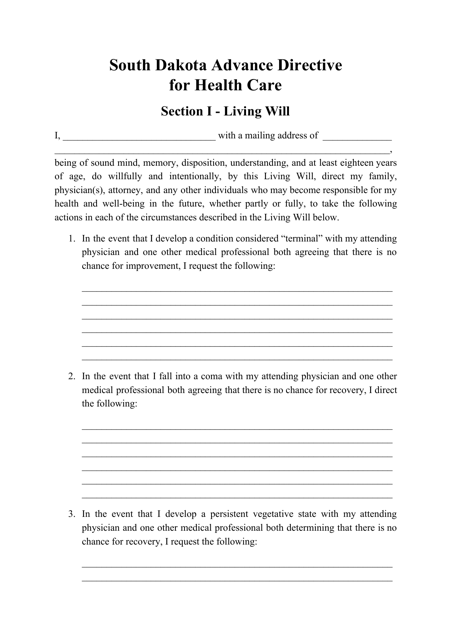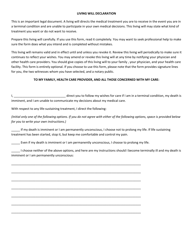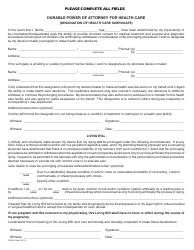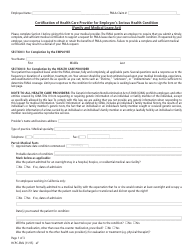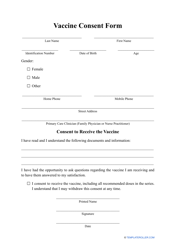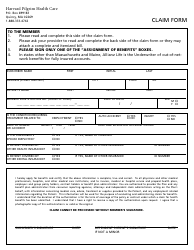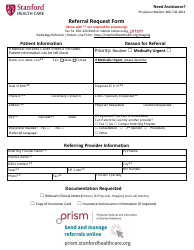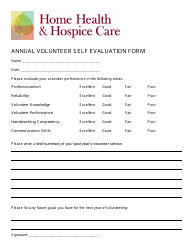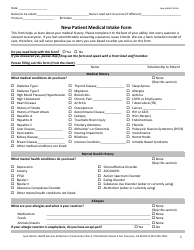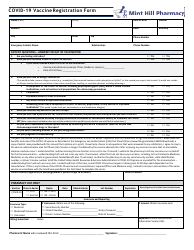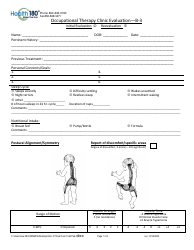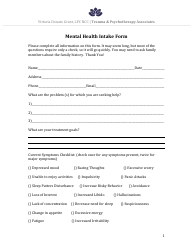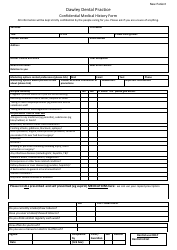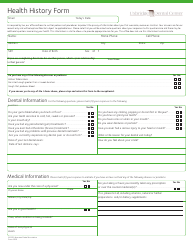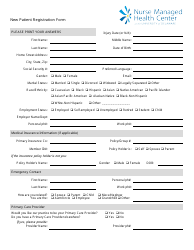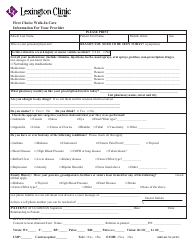Advance Directive for Health Care Form - South Dakota
A South Dakota Advance Directive is a set of instructions about preferred medical care that takes effect when a patient becomes unable to make decisions. In addition to listing preferences for medical care, the form provides individuals with the option of appointing a health care proxy. A health care proxy - otherwise known as a health care agent or surrogate - is a person who has the authority to make health-related decisions on another person's behalf.
A South Dakota Advance Directive is defined and regulated by Chapter 34-12D of South Dakota Codified Laws on Living Wills . The document must be witnessed by two (2) people to be valid. Download a ready-made version of the document through the link below or make your own with our online form builder.
If an individual has never had an Advance Directive made, any health care decisions may be made for them by a court-appointed guardian (a spouse, an adult child, an adult sibling, an adult relative or a professional). There is a difference between this form and a Living Will in South Dakota. A Living Will is a specific type of an Advance Directive for Health Care that becomes effective only in the event of a terminal illness.
What Is a South Dakota Advance Directive?
An Advance Directive is a set of forms that specify an individual's medical treatment preferences and become effective if the individual becomes terminally ill, is seriously injured, in the late stages of dementia or in a coma. The set includes a Living Will and a Medical Power of Attorney - otherwise known as a Health Care Power of Attorney or a Health Care Proxy.
- Living Wills are written for health care professionals and specify the types of life-prolonging treatments or procedures to perform if the individual is in a terminal condition or in a persistent vegetative state.
- A Medical Power of Attorney allows the individual to name a health care proxy to make medical decisions if they become unable to make those decisions for themselves. It is important that the designated proxy knows and understands the patient's wishes and preferences and has a written copy of the Advance Directive for Health Care.
How to Write an Advance Directive in South Dakota?
You'll need to follow these important steps when preparing your document:
STEP 1 - Choose your health care agent - or proxy. This agent should be a person you trust to make medical decisions for you.
STEP 2 - Consider the kinds of treatment you do or do not want to receive in the event of a serious illness or incapacitation. Consider whether you want to:
- Take antibiotics to treat infections;
- Receive cardiopulmonary resuscitation (CPR);
- Be on an extracorporeal membrane oxygenation (ECMO) machine when you cannot breathe on your own;
- Be on a dialysis machine in case of kidney failure;
- Be tube-fed if you can't eat or drink on your own.
STEP 3 - Keep the original completed and signed Advance Directive form with your medical records and give copies out to your health care proxy, physicians, health care providers, and - if necessary - to family members and close friends.
